It’s no secret that the amount of misinformation and dis-information on the internet is increasing exponentially. Many young people struggle to evaluate information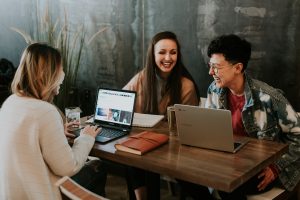 successfully (Osborne et al 2022)
successfully (Osborne et al 2022)
This is the first in a series of Blog posts exploring a range of techniques that strive to identify mis/disinformation in the course of online research.
1. Wikipedia: Worthwhile or Worthless source?
You are quite likely you have been told by your teacher “Don’t use Wikipedia?”
Reasons often given are …………………..
- Questionable Reliability:
It’s not always accurate
As anyone can create and/or edit Wikipedia articles we know nothing about the contributors or whether they have specific agenda.
Sometimes articles are vandalised for fun or written by individuals with a particularly strong viewpoint or agenda.
Won’t the same issues apply if we just did a google search on a new topic we want to explore?
If our goal is to find reliable information and sources on our topic are we ‘throwing the baby out with the bath water’ by slamming the door on Wikipedia completely?
Let’s remind ourselves on what Wikipedia is and how it works.
Wikipedia is a free online encyclopaedia founded by Jimmy Wales and Larry Sanger in 2001 and run by the non-profit Wikimedia Foundation. Content is written collaboratively by its users with the goal of striving to provide accurate information from a neutral point of view on any topic covered. Contributors to the site are governed by 10 Rules and Five pillars.
Wikipedia is the 7th most visited website on the Internet at time of writing and its reach is increasing (Zickuhr& Raine 2011).
While some teacher’s may disapprove of its use, studies have shown that a teacher’s disapproval of Wikipedia has little effect on whether student uses it (Chung 2012).
Let’s be honest, we’ve all used it!
So, let’s look at some of the Pros:
- It is a great starting point for research with citation links that point to further sources, many peer-reviewed.
- Wikipedia strives to police itself efficiently and correct factual errors as promptly as possible.
- Articles are timely and can be updated without waiting for a new print edition.
- Wikipedia has the potential to contribute to how students learn to think critically about sources and develop the skills to differentiate between knowledge that is supported by reliable evidence and unverified narratives.
Let’s be clear, I’m not saying you should be citing Wikipedia as your primary source but as a first stop it can provide links to peer-reviewed research and help with identifying other keywords for exploring the topic further. It also has the potential to be a tool in helping us determine the veracity of other sites and help spot mis/disinformation.
Echoing the thoughts of Piotr Konieczny in his study ‘Teaching with Wikipedia in a 21st century classroom: Perceptions of Wikipedia and its educational benefits’ “educators and librarians need to provide better guidelines for using Wikipedia, rather than prohibiting Wikipedia use altogether”
To that end, check out these two YouTube clips for tips on how to use Wikipedia, despite its limitations, and make up your own minds as to whether it’s a useful research tool.
One is from a Washington State University Digital literacy Expert and the other from two reporters specializing in debunking fake news on the internet, formerly from the Pulitzer Prize Winning and now defunct Buzzfeed News.
Think about the techniques they outline, try them out, and make up your own minds as whether Wikipedia could be ONE potentially useful tool in your research arsenal for debunking mis/disinformation.
In future posts we’ll explore other tools and techniques for spotting mis/disinformation when researching online sources.
Any tips and comments from students and teachers on techniques you use welcomed.
References:
Chung, Siyoung. 2012. “Cognitive and Social Factors Affecting the Use of Wikipedia and Information Seeking.” Canadian Journal of Learning and Technology 38 (3)
Osborne, J., Pimentel, D., Alberts, B., Allchin, D., Barzilai, S., Bergstrom, C., Coffey, J., Donovan, B., Kivinen, K., Kozyreva. A., & Wineburg, S. (2022). Science Education in an Age of Misinformation. Stanford University, Stanford, CA
Piotr Konieczny. Teaching with Wikipedia in a 21st-century classroom: Perceptions of Wikipedia and its educational benefits. Journal of the Association for Information Science and Technology, 2016.
Zickuhr, Kathryn; Lee Rainie, 2011. “Wikipedia, past and present.” PEW Internet and American Life Project Survey, Jan 13, 2011.
 In earlier posts we have highlighted how to look for ‘trusted sources’.
In earlier posts we have highlighted how to look for ‘trusted sources’.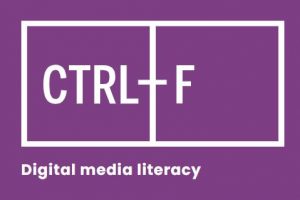
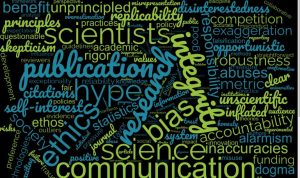
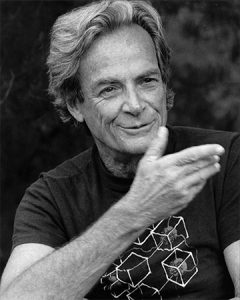 (As well as being a theoretical physicist Feynman was known for his engaging and entertaining lectures and he had a unique ability to communicate complex scientific ideas to a general audience making him one of the most popular and beloved science communicators of his time.)
(As well as being a theoretical physicist Feynman was known for his engaging and entertaining lectures and he had a unique ability to communicate complex scientific ideas to a general audience making him one of the most popular and beloved science communicators of his time.)


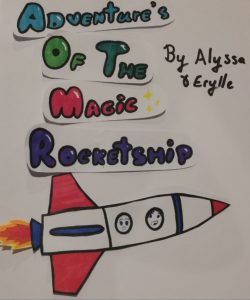
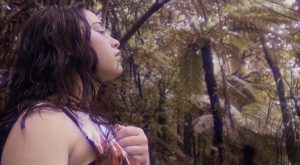
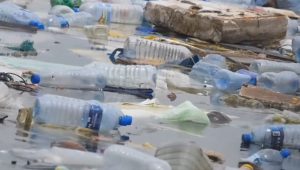
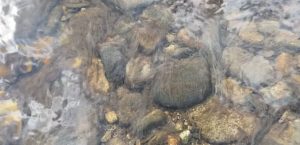
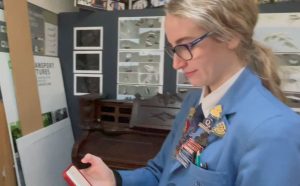
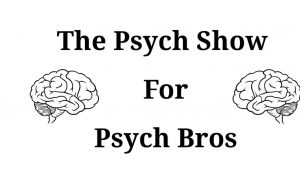
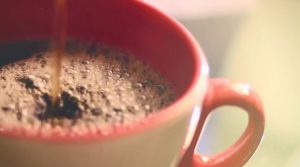
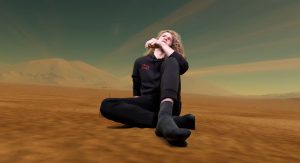




Recent Comments